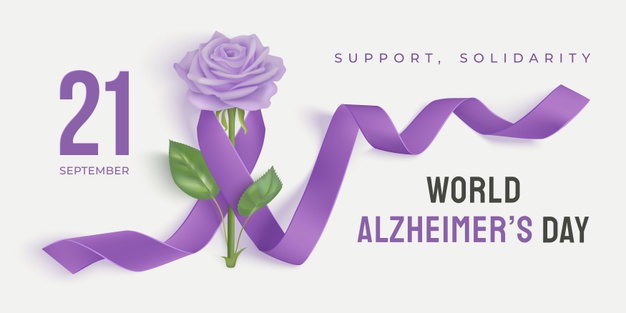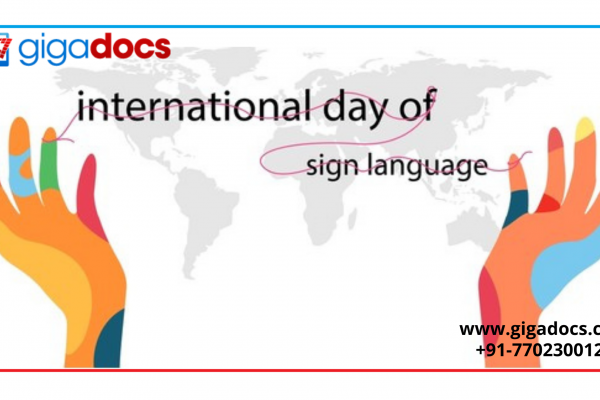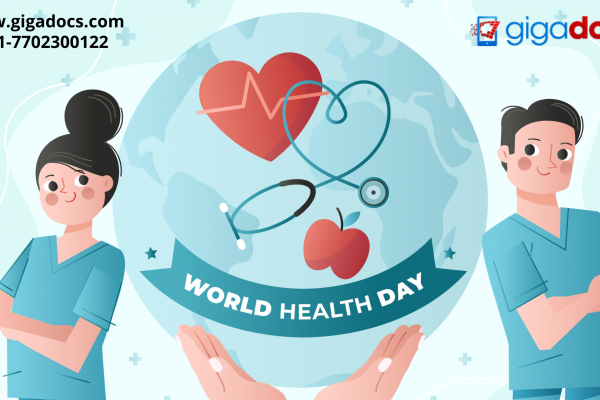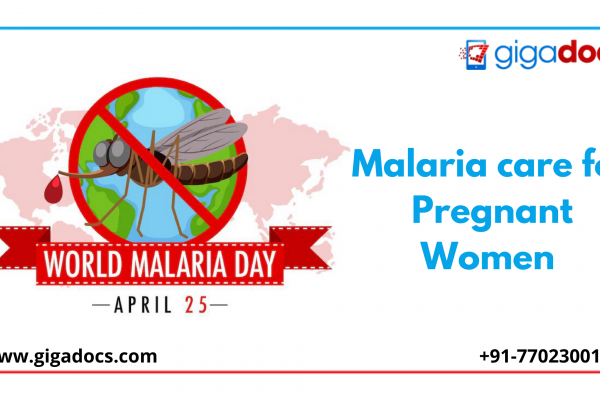Alzheimer’s- A progressive brain disorder first diagnosed in 1906 currently affects millions of families worldwide. This slowly progressive disease affects someone in the world every three seconds who develops dementia/Alzheimer’s. A higher percentage of those affected with Alzheimer’s is common as the population ages. Alzheimer’s affects patients, their families, friends, and caregivers causing stress and emotional trauma. Besides it also affects their physical health and financial stability. The global cost of Alzheimer’s is currently estimated to be over US$6 billion and by 2050, dementia and Alzheimer’s disease is expected to cost over US$1 trillion in the United States alone.
World Alzheimer’s Day
Currently, about 44 million to 50 million people are suffering from dementia and Alzheimer’s disease. 5.5 million people have Alzheimer’s in the United States alone, and nearly 4 million people suffer from Alzheimer’s in India. It is most common in Western Europe while the North America region stands close behind. This non-curable disease starts slow but can get worse with time. It starts when dementia patients find it difficult to remember any recent events. They forget the name of their friends, address, and even the name of famous places and roads they once frequented.
Chilling more than 65% of the global population still have no or little understanding of dementia symptoms. Though the awareness of Alzheimer is growing, still misinformation surrounds dementia patients which remains a global problem. To raise awareness and fight the social stigma, September is celebrated as Alzheimer’s month. World Alzheimer’s Day is celebrated worldwide on the 21st September every year.
Dementia and Alzheimer’s Disease: Warning Signs
Alzheimer’s slowly destroys memory and thinking skills, whose patients lose the ability to carry on simple daily tasks. Alzheimer’s is a non-curable disease, nor there is a way to prevent the disease which is generally seen among elders. Alzheimer’s slowly destroys a patient’s brain cells subsequently leading to loss of body functions, memory changes other symptoms include memory loss and erratic behavior.
- Losing track of date and time
- Facing constant time and place confusion
- Challenges to solve common problems like calculating newspaper bills
- Withdrawal from social communication and leisure activities
- Difficulty in completing regular work at home
- Confusion in reading, recognizing common shapes and colors
- Mood changes
- Forgetting and misplacing things
Three Stages of Dementia and Alzheimer’s disease
Alzheimer’s patients go through three phases mild, moderate, and severe-
Stage I- Mild Alzheimer’s
This stage on average lasts from 2 to 4 years. Patients and their family members should be careful of the following symptoms-
- Mild coordination problems, facing writing issues, motor driving skills
- Difficulty to follow a recently cooked recipe
- Loss of recent memories, like forgetting events or latest happenings
- Language problems, understanding the conversational flow, or trouble putting their thoughts into words
- Mood swings, loss of interest, and depression
- Less energy and drive to do things
- Losing an interest to work while spending more time sitting, watching videos on the phone, or TV, or sleeping
- The trouble with driving, forgetting common routes
As the age grows, these instances are commonly seen among the elderly and it does not mean that they have dementia or Alzheimer’s. These conditions may also arise when a person faces metabolism, thyroid, drug abuse, or is taking medications that don’t work well together.
These symptoms are common among those who have Parkinson’s disease, depression, and stress. It is advisable to consult a virtual doctor on the Gigadocs practice management app to know if anyone in your family or near and dear ones have Alzheimer’s or something else.
Stage II- Moderate Alzheimer’s
Moderate Alzheimer’s can last from 2 to 10 years when one’s memory gets to deteriorate and starts to cause problems in their daily life. Patients may start to forget details about their life as when they went to high school or when they started to work or even get married. Those in stage II of Alzheimer’s may not recognize or remember their family members and friends. Other symptoms of stage II Alzheimer’s include-:
- Speech troubles
- Unable to speak and understand the social communication flow
- Difficult to plan or solve problems
- Facing multiple delusions, for instance, assuming that the caregiver is trying to hurt
- Confusion about time or place.
- Getting lost in routes that have been before.
- Depression, getting angry or upset easily, like shouting out at caregivers or family members.
- Trouble in sleeping
- Losing control of their lives, which can make them depressed or frustrated
Stage III- Severe Alzheimer’s
The third stage is the late Alzheimer’s stage and lasts on an average of 1-3 years. Alzheimer’ patients might have some or all of these symptoms:
- Confusion about the past, and the present.
- Not being able to remember anything or process information
- Loss of control of their bladder and bowels
- Weight loss, skin infections, seizures
- Extreme mood swings
- Experiencing hallucinations
- Not be able to move easily on their own
Alzheimer’s and Care for Dementia Patients
The greatest known risk factor that is associated with Alzheimer’s is increasing age. Dementia is most commonly observed among those who are 65 and older and it worsens over time. Though there is no prevention of Alzheimer’s, timely family assistance and medication can help to slow the worsening of dementia symptoms and improve their quality of life. The social engagement in recreational activities is thus encouraged. Even in the times of Coronavirus when we are all living under social distancing, elderly must always be given company and must be encouraged to pursue-
- Yoga and Meditation
- Playing musical instruments
- Reading
- Walking within the society with facemasks
Consulting for the Elderly on Gigadocs
When the elderly are suffering from Alzheimer’s, going to a doctor may cause further stress, and increase the fear of infectivity. Besides, it can be a cause of stress and anxiety for senior citizens. Virtual Consultation on the Gigadocs app lets the elderly and their caregivers to consult specialists from the privacy of their home.
Here is how you can book a digital appointment for the elderly at your home-
- Download the Gigadocs app available on the App store/ play store
- Check the availability of virtual consultants for the elderly according to their healthcare needs, like orthopedics, dietitian or a general specialist.
- According to their specialties and book them according to the patient’s convenience.
- Before the digital consultation, share the patient’s consent over email, or during the digital consultation or on the telephone to let the digital doctors view and diagnose the patients’ health records and vitals. For dementia patients’ caregivers or family members can share the consent
- The appointment details and digital confirmation will be shared over an e-mail or through a text message from the Gigadocs app.
- The patient needs to be virtually present along with their caregivers for the consultation.
Download the Gigadocs E-Healthcare app from-
- IOS App – apple.co/2W2iG4V
- Android App – bit.ly/33AQoRC
To know more and schedule a Virtual Consultation demo, e-mail, at info@gigadocs.com




